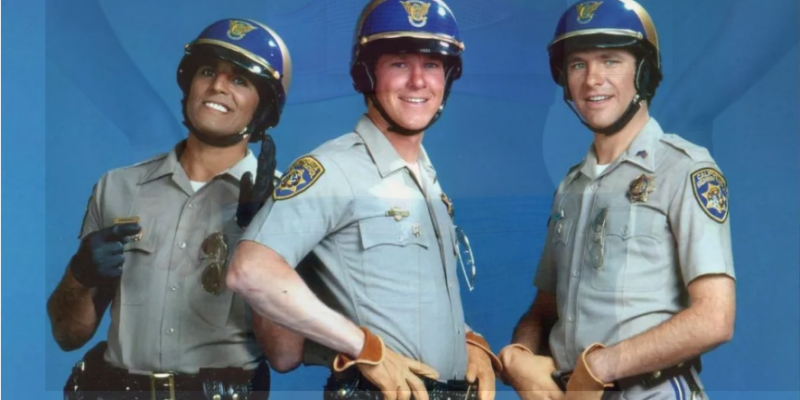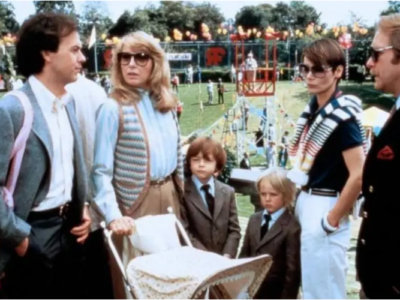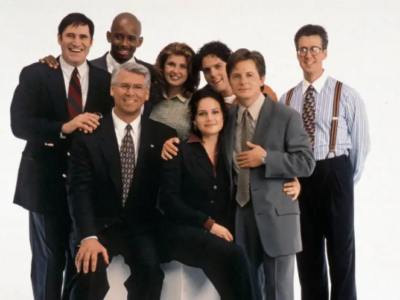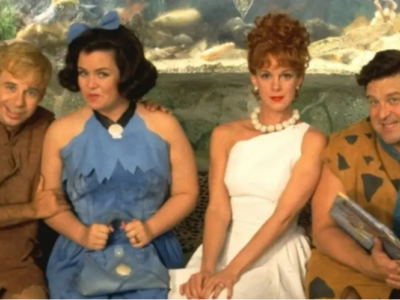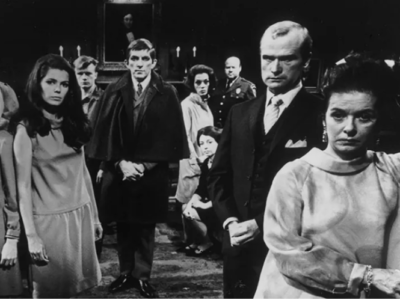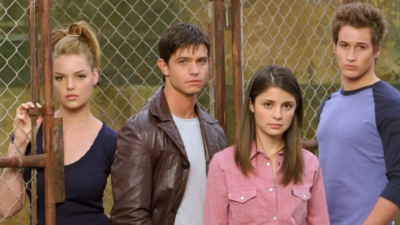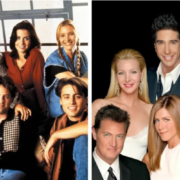Introduction to the chips Police Drama
Contents
The Chips police drama has been a staple of American television since its debut in the late 1970s. With charming characters, thrilling motorcycle chases, and a blend of humor and action, it quickly captured the hearts of viewers. But beneath its entertaining exterior lies a complex web of themes that resonate with many social issues today. From police culture to questions surrounding accountability, this show invites us to reflect on more than just the chase scenes.
As we delve deeper into what makes “CHiPs” significant, we’ll explore not only its storyline but also the controversies that have emerged over time. How does this beloved series hold up against modern scrutiny? Let’s take an engaging ride through the world of “CHiPs” while examining its implications for society at large.
Synopsis of the Show
Chips police drama revolves around the lives of two California Highway Patrol officers, Frank “Ponch” Poncherello and Jon Baker. Set against the backdrop of sunny Los Angeles, these characters navigate both high-speed pursuits and personal challenges.
The series blends action with humor as it depicts their daily adventures on the freeway. Each episode showcases daring rescues, motorcycle chases, and a sprinkle of camaraderie between the leads.
While tackling criminal activities, Chips police drama also dives into aspects of friendship and teamwork within law enforcement. Audiences get an inside look at what life is like on patrol in one of America’s busiest cities.
Through its engaging narrative style, the show captures moments that are relatable to viewers while highlighting serious issues faced by police officers every day. The thrilling escapades combined with light-hearted banter make it memorable for fans across generations.
Controversies and Criticisms
The Chips police drama has sparked a fair share of controversies over the years. Critics often point to its portrayal of law enforcement as overly glamorized.
Some argue that the show perpetuates stereotypes, painting a picture of police work that feels detached from reality. This romanticized view can lead viewers to misunderstand the complexities and challenges faced by real officers.
Moreover, there have been discussions about racial representation in the series. Critics highlight that diverse characters are sometimes sidelined or presented through narrow lenses. This raises concerns about how multiculturalism is depicted on screen.
Additionally, some fans take issue with specific storylines, claiming they trivialize serious issues such as crime and justice. These narratives can undermine ongoing societal conversations about police accountability and ethics. The show’s legacy remains complex amid these varied criticisms.
Impact on Society
The Chips police drama has left a notable mark on society. By portraying the lives of California Highway Patrol officers, it offered audiences a glimpse into law enforcement’s daily challenges.
Its depiction of camaraderie among officers resonated with many, highlighting teamwork and dedication. Viewers often found themselves rooting for the characters, fostering a sense of connection to those serving in uniform.
However, this series also sparked discussions about policing practices. The portrayal sometimes glamorized the life of an officer while glossing over uncomfortable realities faced by communities.
As crime rates fluctuated throughout its airing years, so did public perception. Some critics argue that such dramas can skew reality and influence how society views law enforcement.
Yet, at its core, Chips police drama served as both entertainment and a catalyst for conversation around crucial social issues related to safety and justice.
Discussion of Police Brutality and Racism
Police brutality and racism are critical issues that cannot be ignored, especially in the context of media portrayals like the chips police drama. The show often depicts law enforcement officers as heroic figures, which can overshadow real-world challenges faced by marginalized communities.
When violence occurs on-screen, it creates a narrative that can influence public perception. This portrayal may lead to a desensitization toward actual cases of police misconduct. Audiences might find themselves rooting for characters who embody authority without questioning their actions.
Racial profiling is another significant concern raised by these types of dramas. When minorities are shown predominantly as criminals or suspects, it perpetuates harmful stereotypes. These representations contribute to systemic issues within society.
The reality is complex and requires nuanced storytelling. Addressing these themes with sensitivity could foster important conversations about justice and equality in our communities.
Response from Cast and Crew
The cast and crew of the chips police drama have often taken to social media and interviews to share their views on the show’s portrayal of law enforcement. Many express pride in being part of a project that aims to reflect real-life issues within policing.
Some actors emphasize the importance of addressing societal challenges through entertainment. They believe storytelling can inspire dialogue about difficult topics, including police conduct.
There’s also acknowledgment from some crew members regarding missteps in earlier episodes. They recognize that not all portrayals were balanced or fair, leading them to revisit narratives for future projects.
Fans appreciate these candid discussions, seeing them as an opportunity for growth both for creators and viewers alike. It’s evident that many involved are committed to ensuring that any depiction resonates with contemporary realities while fostering understanding among audiences.
Conclusion: Addressing Important Issues Through Entertainment
The “chips police drama” has sparked conversations that extend beyond the screen. It serves as a reflection of contemporary societal issues, such as police brutality and systemic racism. These themes resonate deeply with audiences and encourage discussions about justice and accountability.
While some viewers enjoy the thrill of high-speed chases and intense action scenes, others cannot overlook the implications these portrayals have on public perceptions of law enforcement. The show’s dramatization often leads to polarized views—supporters appreciate its entertainment value while critics highlight its potential to misrepresent reality.
Moreover, cast and crew members have voiced their perspectives on how they believe art can influence society. Their insights reveal a commitment to addressing serious matters through storytelling, demonstrating that entertainment can play a pivotal role in shaping cultural narratives.
By engaging with tough topics within an accessible format, “chips” opens avenues for dialogue among diverse audiences. This blend of thrilling drama with critical social commentary underscores the power television holds in reflecting—and potentially reshaping—society’s views on important issues.
Ultimately, “chips police drama” is more than just another cop show; it becomes a vehicle for examining significant questions about morality in policing today. Through this lens, we explore not just what happens within each episode but also how those events resonate long after the credits roll.


